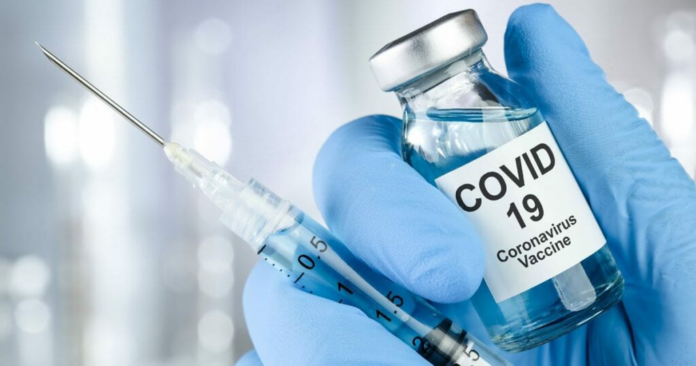Technical Officer of Immunization at the World Health Organisation (WHO) Ghana office, Dr. Michael Rockson Adjei has revealed that the outbreak of COVID-19 and its negative publicity has increased vaccine hesitancy in Ghana.
He has expressed fret over the situation, stressing that the consequences pose a substantial risk for people who have delayed or refused to be vaccinated.
Vaccine hesitancy embodies the unwillingness to receive vaccines when vaccination services are available and accessible.
Hitherto, negative publication about vaccines during the COVID-19 era according to the Immunisation Officer exacerbated vaccine hesitancy in the country.

Dr. Adjei, speaking at a 2-day training workshop for journalists on uptake of vaccines, described the situation as worrying and a threat to global health.
“We know that the COVID-19 pandemic and its negative publicity around it has led to vaccine hesitancy. And this hesitancy even spilled over to vaccines that were acceptable by the community,” Dr. Adjei reiterated.

He recalled the rate at which viral videos of people claiming to have taken COVID-19 vaccines and had allegedly developed strange symptoms surfaced on the internet.
These myths, according to him, affected vaccination programmes and blighted the fight against vaccine hesitancy in Ghana.
Executive Secretary of African Media and Malaria Research Network (AMMREN), Dr. Charity Binka, prayed the workshop would train critical mass of media who will push the vaccine agenda and other related health issues in Ghana.

She also encouraged media personnel to be ethical in providing what she has described as accurate and positive information about vaccination to help protect the masses from Vaccine-preventable diseases.
Dr. Binka hinted about plans by AMMREN to establish a scholarship scheme to reward journalists who champion vaccination campaigns.
Story by Maxwell Otoo/ Onua Fm / 3news.com.











![[Video] Bashir Hayford storms pitch with seat to protest ‘poor’ officiating](https://onuaonline.com/wp-content/uploads/2024/04/Bashir-Hayford-sit-100x70.jpg)

